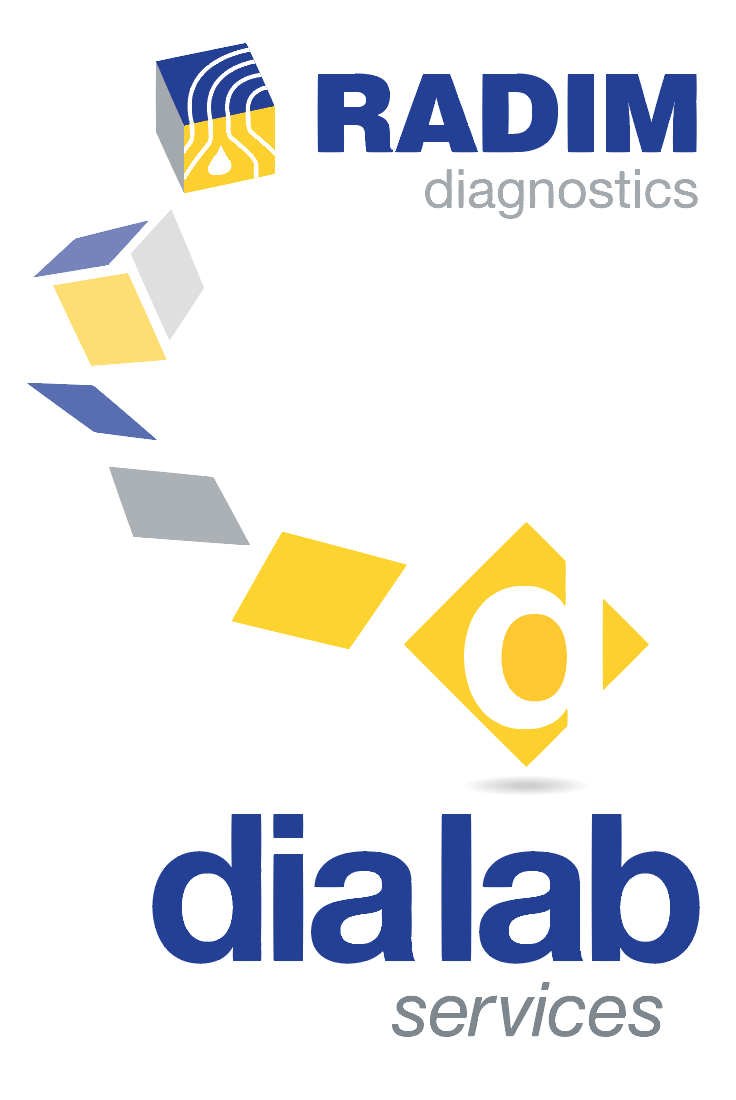The TG ELISA kit is intended for quantitative determination of thyroglobulin in human serum.
Thyroglubulin (TG) is the main protein produced by thyroid gland. It is the precursor and a deposit form of thyroxin (T4) and triiodothyronine (T3).TG is an iodinated glycoprotein with molecular mass of 660 kDa consisting of two subunits.
TG concentration in serum depends on mass of thyroid gland, its functional status and degree of inflammation. In healthy people TG concentration varies from 2 to 50 ng/mL and may increase twofold during pregnancy. After surgery or treatment with radioactive iodine TG concentration remains increased for several weeks. In population suffering from environmental iodine deficiency average blood TG concentration is increased. Since 1994 TG has been regarded by WHO as one of indicators of endemic goiter.
Serum TG measurement is performed for monitoring the thyroid carcinoma patients. Dynamics of TG concentration is used as a marker for evaluation of treatment efficiency, revealing of possible recurrence and metastases in patients after thyrectomia. This parameter is not used for primary diagnostics of thyroid cancer.
TG concentration in serum may be useful for exact diagnostics at congenital hypothyrosis. Increased TG concentration permits to differentiate subacute thyroiditis from pharmacological thyrotoxicosis (when TG level remains stable). In patients with Grave’s disease increase in TG concentration is a preliminary sign of recurrency after canceling of suppressive therapy.
TG measurement may be affected by presence of anti-TG autoantibodies in the serum sample. In this case the results may be false-negative. To obtain the reliable results it is recommended always to combine TG and anti-TG autoantibodies determination.
| Kit volume, wells (including controls) | 96 |
| Analytical sensitivity, ng/mL | 1 |
| Range of evaluated concentrations, ng/mL | 1- 300 |
| Incubations | 60 min + 10 min at 37°Cor
60 min at 37°C + 15-30 min at RT |
| Shelf life, months | 12 |
